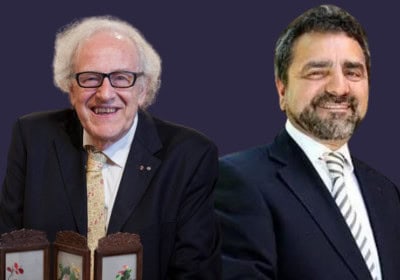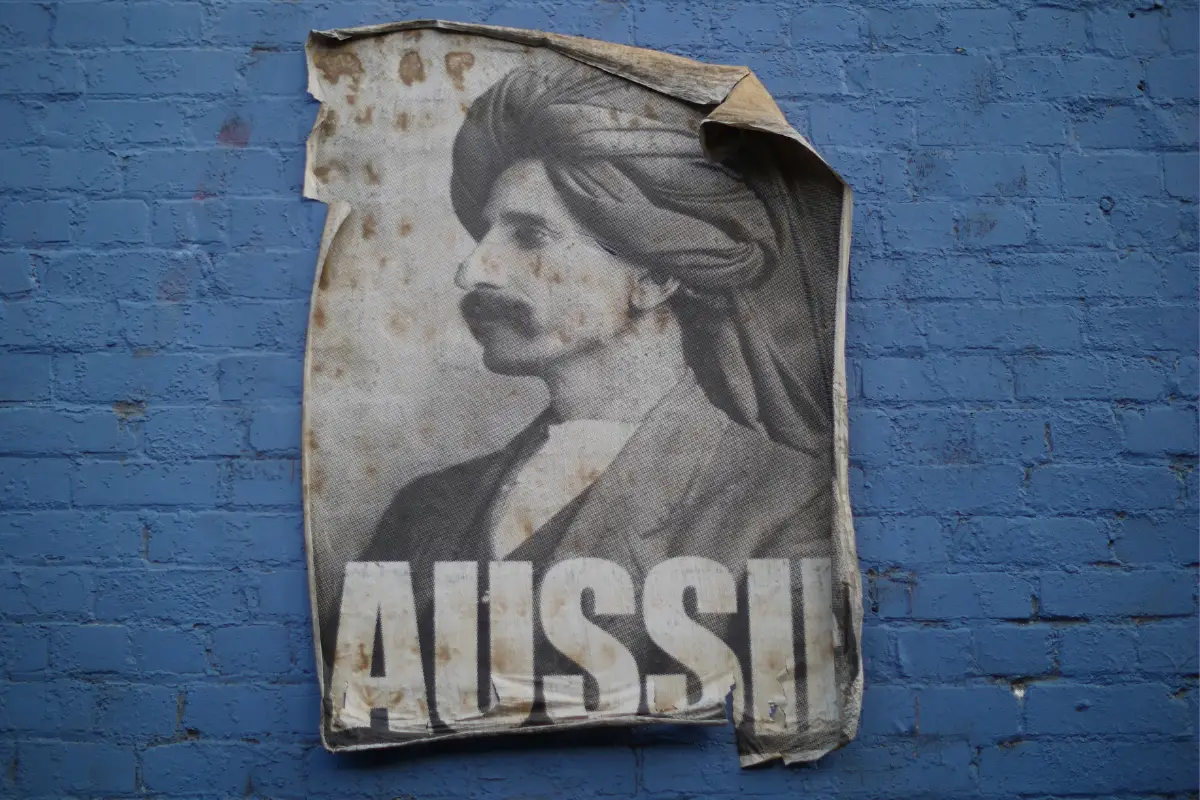
The problem of ‘yes’
In 2012, a Pintupi man from the Western Desert who spoke primarily two Aboriginal languages was charged with murder. Police informed him of his right to remain silent and asked him if he understood. The man, who had only conversational English, replied “Yes” and the interview proceeded.
His conviction was later quashed by a Supreme Court judge who ruled the interview inadmissible. The judge accepted expert evidence from linguist Diana Eades that the man had not correctly interpreted questions, due to the formal legal language used. Social and cultural factors, such as older Pintupi men having instructed him to cooperate with police, were also at play.
As a result, the word “Yes” did not necessarily mean he understood the terms of the question.
The case exemplified the way that many Australians who speak limited or no English find themselves at a disadvantage in the legal system – an injustice that linguists such as Eades have been working to remedy.
Their research has established that non-native English speakers, including some Indigenous Australians, may misunderstand questions – or be misunderstood – when being interviewed by police or questioned in court as suspects or witnesses.
The findings overturn the assumption that everyone has equal access to justice before the law: one of the cornerstones of a just society.
Linguistics for the legal system
To address this problem, linguists have developed and delivered specialised training programs for lawyers, judges, and magistrates. They have also substantially influenced guidelines – used in England, Wales, the US, and Australia since 2015 – for communicating legal rights to people whose first language is not English.
Linguistic research and policy documents have been integrated into manuals designed to guide the judiciary’s day-to-day practice in Queensland, NSW, and Western Australia, while researchers have given expert opinions in legal cases.
Sandra Hale, who carried out linguistic analysis of courtroom interpreting, found that when witnesses are cross-examined, verbatim translation by interpreters of their answers can fail to convey important nuances such as derision, sarcasm, disbelief or hesitation.
Hale designed a training session on working with interpreters, which is now compulsory for new judges and magistrates. National standards for interpreters and translators, introduced in 2017 to ensure non-native English speakers fully understand and participate in court and tribunal proceedings, drew on Hale’s research and that of two other linguists, Ben Grimes and Michael Cooke.
Understanding communication barriers
Eades has spent decades studying the way Aboriginal English is used in the criminal justice system. Extensive work by Cooke and Grimes has highlighted the law’s failure to understand how language – particularly Western usages and interpretations – can handicap Indigenous Australians.
The legal system’s direct question and answer format is culturally alien to many Aboriginal and Torres Strait Islanders. Moreover, there may be a tendency to agree with propositions put by authority figures such as lawyers, meaning that the word “Yes” cannot always be taken at face value.
People who speak only some English, or a variety of Aboriginal English, are often wrongly assumed to be able to understand language impregnated with legal jargon and concepts.
The barriers to effective communication can include social and cultural factors, such as family or kin loyalties (which may inhibit the giving of testimony), and Indigenous people’s body language. The latter may include refraining from making eye contact, or falling silent before responding to a question, which can be misconstrued as evasiveness.
All of this contributes to the disproportionate numbers of Indigenous Australians in the prison system.
Linguistics research is helping to tackle all these issues in the police station and courtroom environment for non-native English speakers, to ensure the full participation of all citizens, no matter their first language, in the judicial process.



